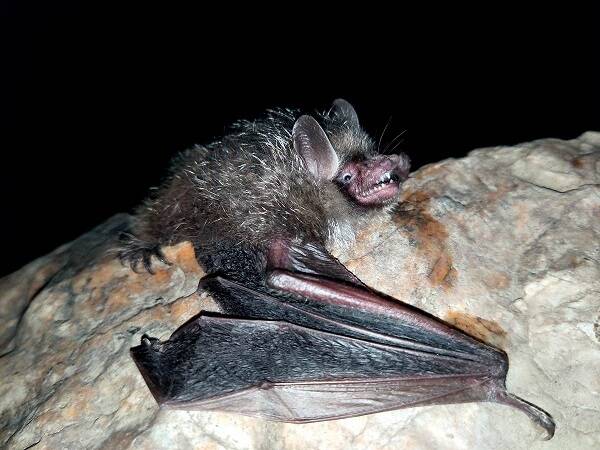
The social structure of the white-bellied bat is complex, and it is a typical social nocturnal animal, often living in the same cave with other bat species. Sometimes it also roosts in tree holes and buildings, and hibernates in caves and rock crevices in winter. White-belted tube-nosed bats emit ty...
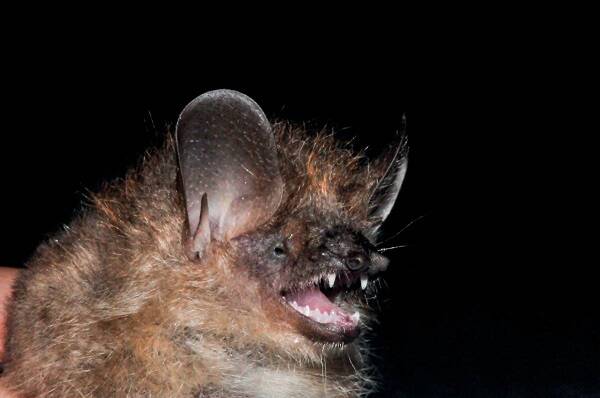
Mesotubularis nocturnal. Insectivorous. This species is found in India. It lives in middle and low altitude woodland, but ADAPTS to a variety of habitats, and is active in forest and agricultural areas. The Latin scientific name is sometimes spelled Murina huttonii, and the Chinese name is also call...
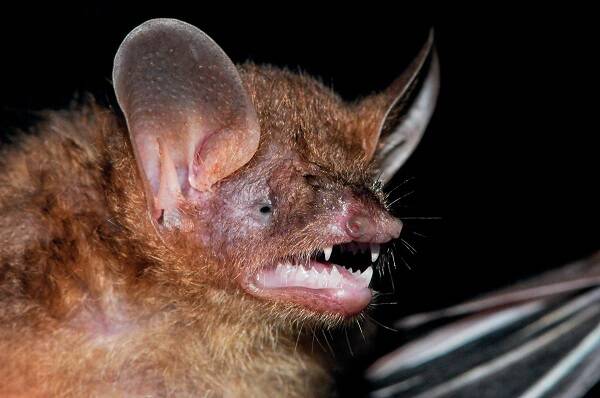
A new species published by Csorba & Bates (2005) from specimens collected in Kililong National Park, Cambodia, and classified into the "<cyclotis" group, Wu et al. (2010) reported a new Chinese record found in Jianfengling, Hainan. The type specimens were caught in mist nets in smal...
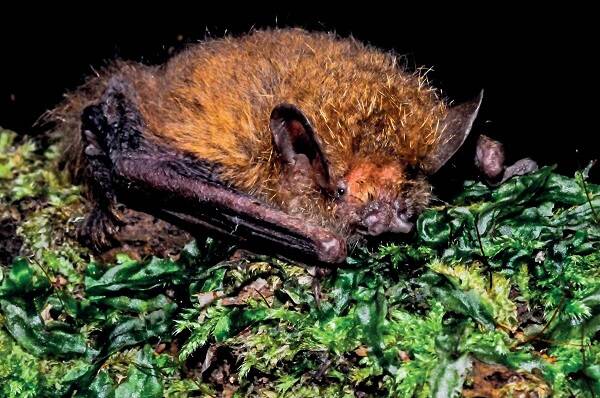
The arboreal bat is a rare tree-dwelling bat. It inhabits mountainous forests or clusters of dead leaves, living singly or in small groups. They feed on insects. It was a new species published by Furey et al. (2009), and reported by Francis & Eger (2012) as a new record species in China from sam...
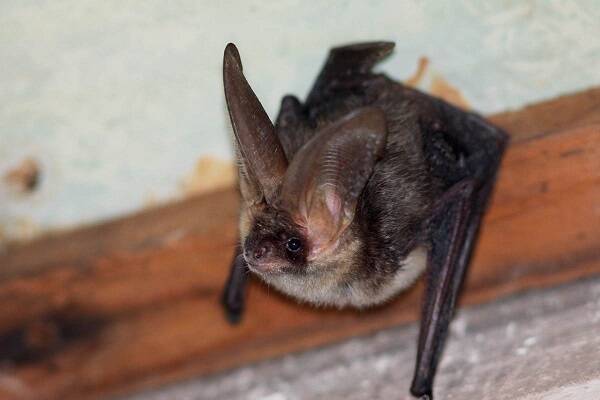
The big eared bat, also known as the long eared bat or rabbit-eared bat, is characterized by an ear that is longer than the head length. It lives alone and does not mix with other bats. Beginning to sleep in September, the hibernating big-eared bat does not eat or move, the ear is folded under the a...
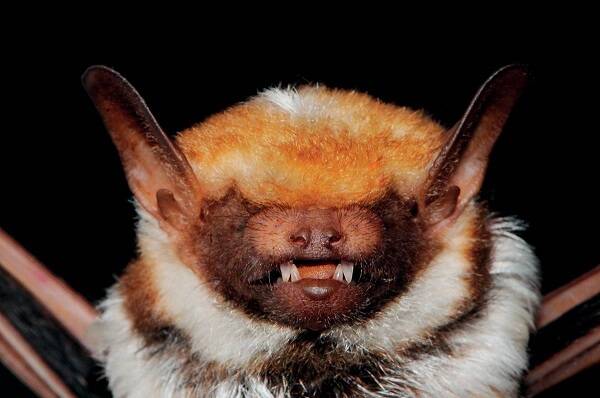
The species is rare in number and is found in Assam. Inhabits in tropical, temperate wet stone crevices. They live in groups. They go out at dusk and at night to forage in the bamboo forests and around the woods, feeding on insects. They perch on the steep walls of caves or hang from high branches,...
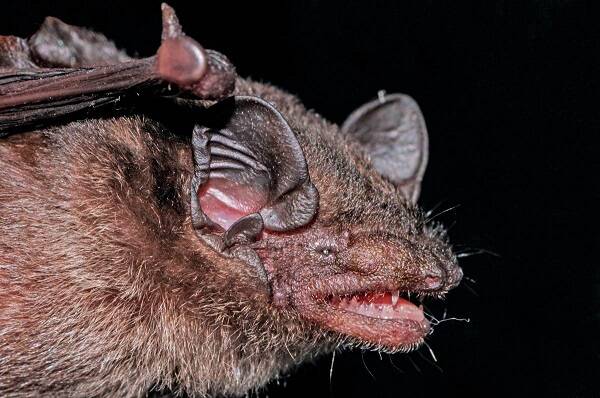
The brown bat species is rare. It is a tropical bat that lives in bamboo holes that are eaten by beetles. Since Zhang Libiao et al reported the discovery of this kind of new records in Hainan and other three provinces in 2008, Zhang Qiuping et al. (2014) and Wu Yi et al. (2015)...
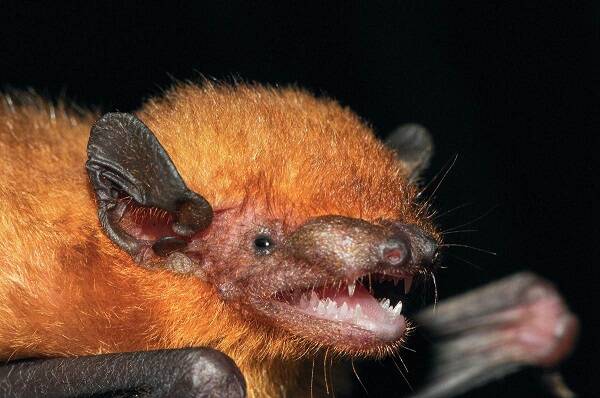
The bat is the smallest bat in the world, and the only one in the world that can get into bamboo tubes, because of its unique flat skull, people give it the image name "flat skull bat". According to records, the oblate skull bat has survived on the earth for 6 million years, belonging to t...
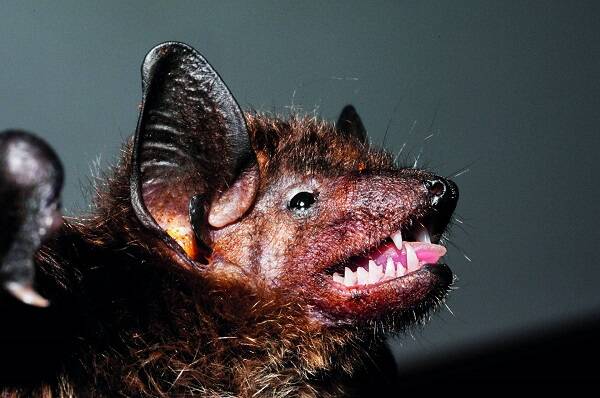
Large brown bats live in a variety of habitats, including caves, rock crevices, eaves of houses, and gaps in doors, Windows, and walls. It mainly emits short, wide-band echolocation sound waves, which feed on coleoptera insects and also prey on diptera insects. There are four subspecies in China, na...
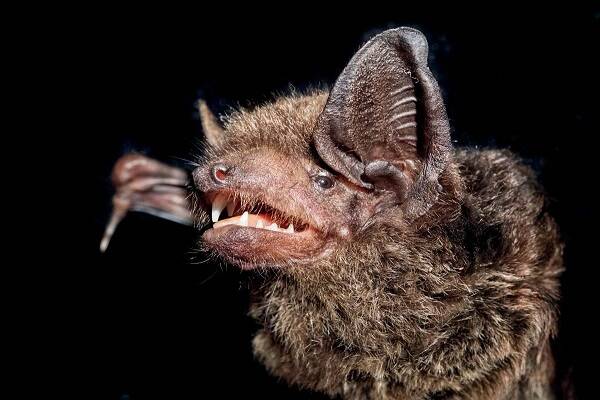
Southern bats live in tall caves, with 3-5 or more than 10 individuals lurking high on the cave walls, mostly hanging as a single individual. They go out at night to hunt for flying insects and return before dawn. Large groups of Asiatic long-winged bats (<Miniopterus fuliginosus) and other speci...
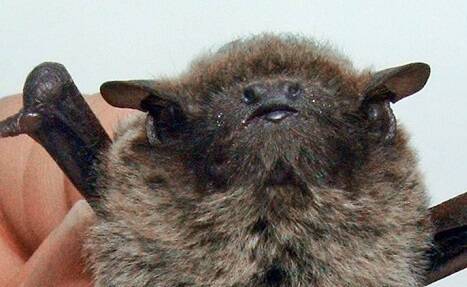
It is a carnivorous bat that hunts in waters or near villages, feeding on insects such as mosquitoes and moths. The population is small, often single or small groups lying in the rock crevices. There are wide-eared Canis bats living in the same hole, and occasionally scattered b...
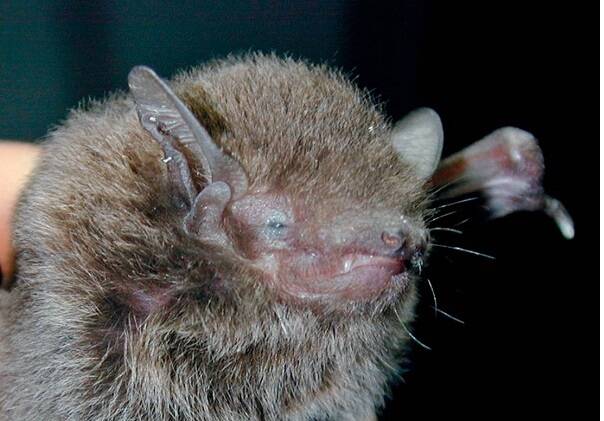
The common pipistrella is a very common type of bat that lives in clusters and catches insects for food. In groups of 5 to 20, the activity is closely related to food, leaving the residence in the evening and returning at dawn. The activity frequency of the return is positively c...
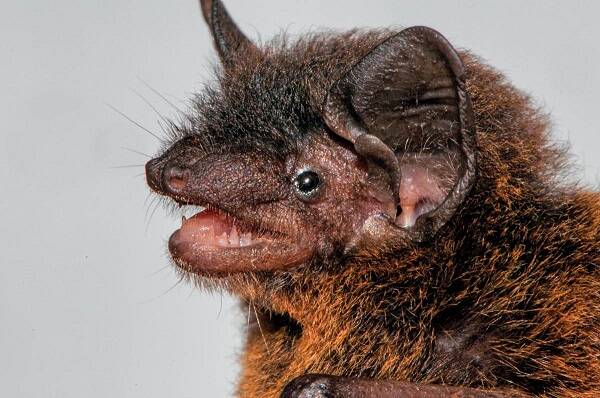
The East Asian pipistrella, also known as the Japanese Pipistrella, is the most common species in the evening sky in urban and rural areas. It usually inhabits buildings (especially tiled houses) and can gather several small groups lurking in the ceiling, under the eaves of tiled...
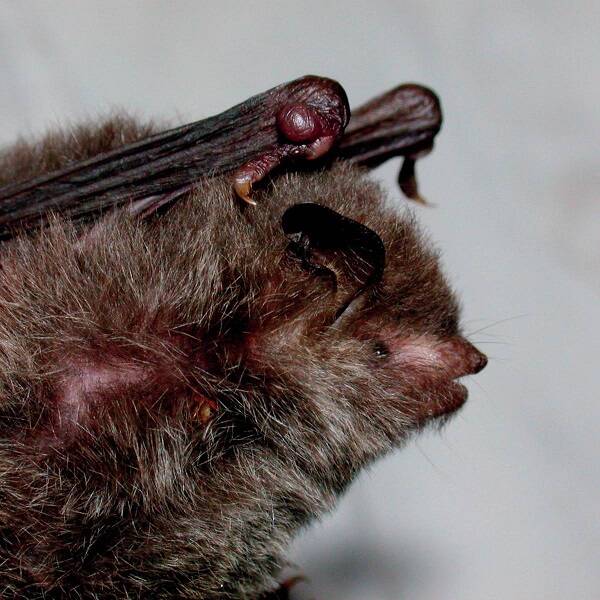
The size of the tall cranial Myotis bat in Vietnam varies greatly, so the subspecies of this species remains to be studied. The Chinese subspecies is <Myotis iligorensis sowerbyi> (Howell,1926). Cave habitat, sometimes can gather large groups, many up to thousands. It is commonly shared with o...